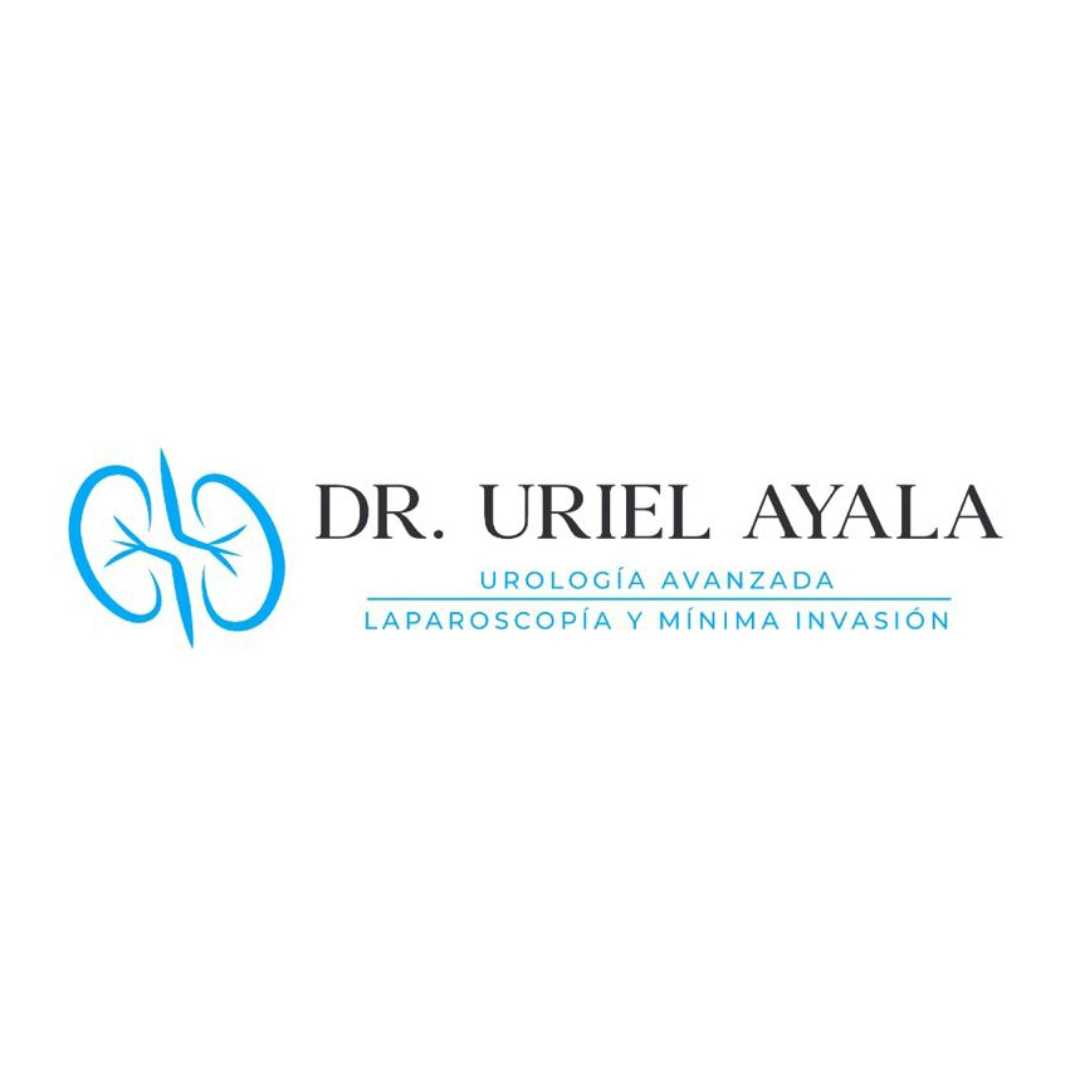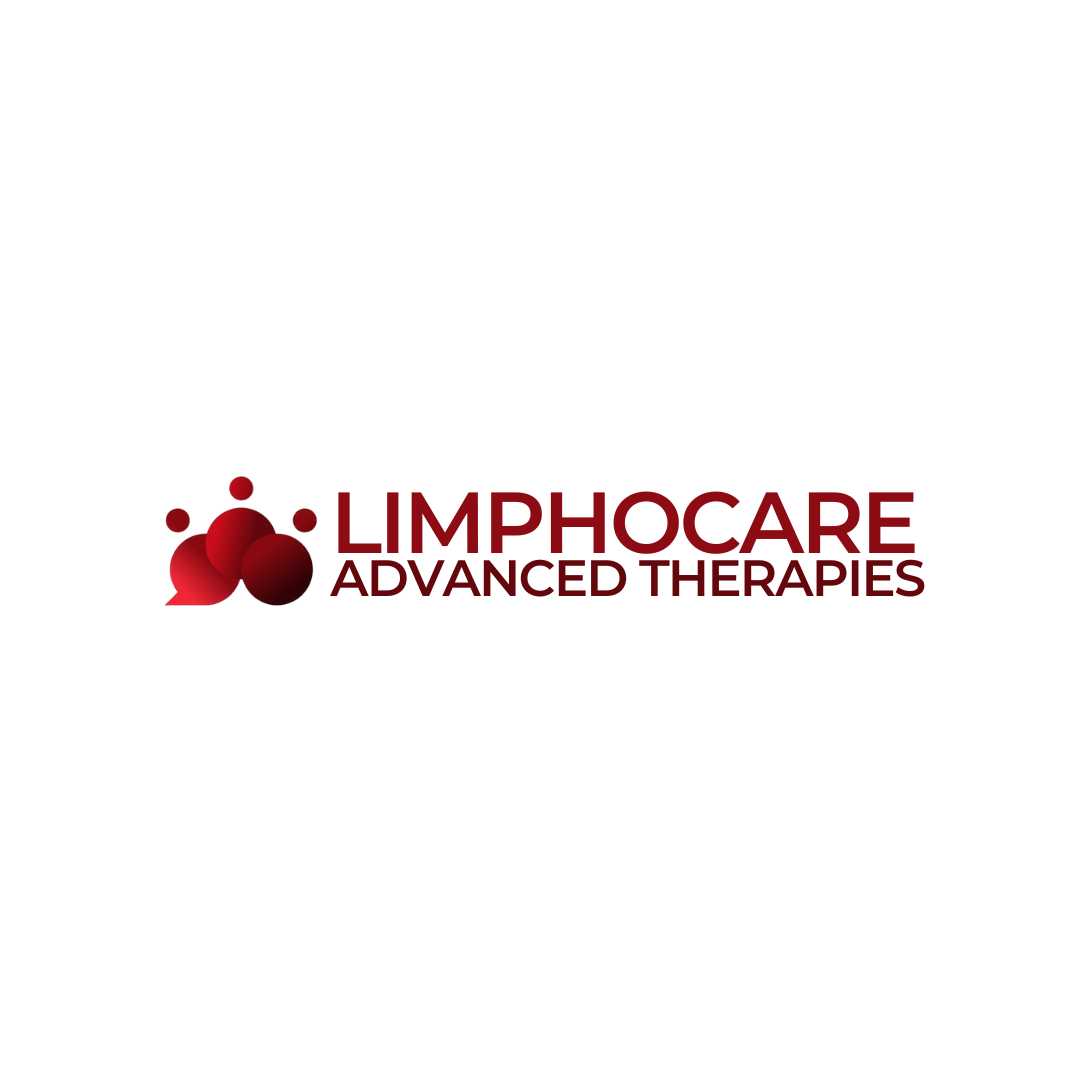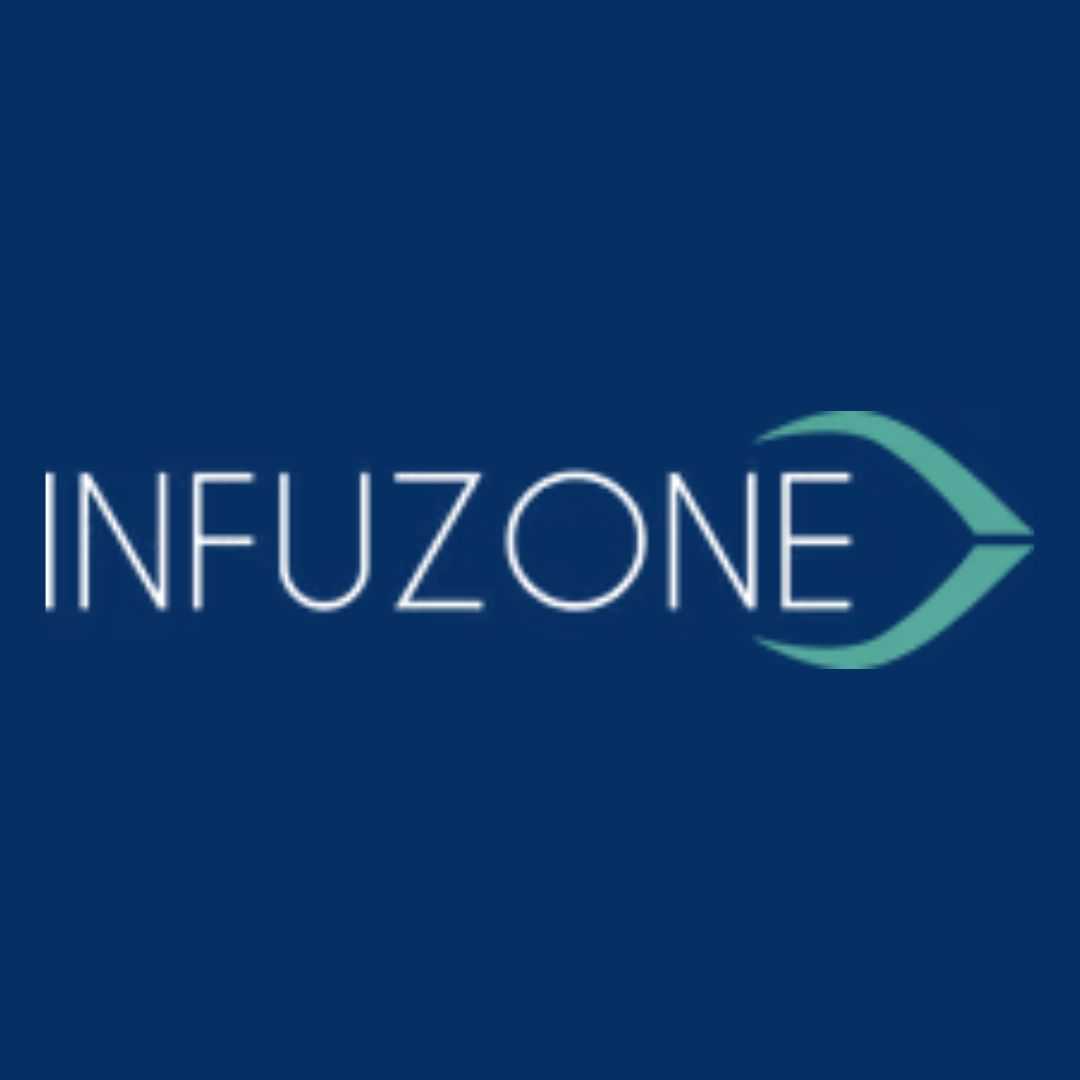Save 70% on Stomach Cancer Treatment Cost in Mexico
Facing a stomach cancer diagnosis is a daunting experience, and the cost of treatment can add a significant layer of stress. Many are now looking beyond their borders for affordable, high-quality medical care, with Mexico emerging as a leading destination. If you're wondering, "How much does stomach cancer treatment cost in Mexico?" you'll find that the expenses are considerably more manageable. This is not about sacrificing quality for the price; instead, it’s about accessing world-class healthcare that is financially attainable. Mexico's top-tier hospitals, often staffed by internationally trained oncologists, offer a range of advanced treatments, from minimally invasive surgery to the latest chemotherapy and radiation protocols. The combination of lower operational costs, competitive pricing for pharmaceuticals, and a favorable exchange rate allows patients to receive exceptional care without the crippling financial burden often experienced in other countries. This guide will walk you through the various costs associated with stomach cancer treatment in Mexico, helping you understand the financial aspects of your medical journey.
What is the average cost of stomach cancer treatment in Mexico?
The total cost of your treatment is influenced by a comprehensive treatment plan tailored to your specific diagnosis. This plan may include a combination of surgery, chemotherapy, radiation therapy, and other supportive care. The significant savings, when compared to the United States where costs can easily exceed $100,000, make Mexico a financially viable option for many patients. The lower cost in Mexico does not imply a lower standard of care; rather, it reflects the country's different economic structure and lower overhead costs for medical facilities.
Many leading Mexican hospitals offer all-inclusive packages for international patients. These packages often cover the primary medical procedures, hospital stays, surgeon and staff fees, and initial consultations. This transparency in pricing helps patients and their families plan their finances more effectively, reducing the uncertainty often associated with medical billing in other countries.
How much does stomach cancer surgery (gastrectomy) cost in Mexico?
A gastrectomy is a surgical procedure to remove all or part of the stomach to treat cancer. The exact cost can depend on the complexity of the surgery—whether it's a partial or total gastrectomy—and the surgical technique used, such as traditional open surgery or a minimally invasive laparoscopic approach. Laparoscopic surgery, while sometimes more expensive due to the specialized equipment, often leads to shorter hospital stays and faster recovery times, which can offset some costs.
The price for a gastrectomy in Mexico typically includes the surgeon's fees, anesthesiologist's fees, hospital room and board for the required stay, nursing care, and pre-operative tests. It is essential to confirm with the hospital what is specifically included in the quoted price to avoid any unexpected expenses.
What is the cost of chemotherapy for stomach cancer in Mexico?
Chemotherapy is a cornerstone of stomach cancer treatment, used to destroy cancer cells, often in combination with surgery or radiation. The cost of chemotherapy is highly variable. Newer, brand-name drugs are significantly more expensive than older, generic medications. The total number of treatment cycles prescribed by your oncologist will be the primary driver of the overall cost.
When evaluating the cost, it's important to ask about what the per-session price includes. Often, this covers the administration of the drugs by a qualified nurse, the use of the infusion center, and basic supportive medications. However, additional costs for pre-chemo blood work or medications to manage side effects might be billed separately. Many Mexican clinics offer package pricing for a full course of chemotherapy, providing a clearer financial picture from the outset.
How much does radiation therapy for stomach cancer cost in Mexico?
Radiation therapy uses high-energy rays to target and kill cancer cells. The cost depends heavily on the type of radiation technology used and the number of sessions required. Modern techniques like Intensity-Modulated Radiation Therapy (IMRT) or Stereotactic Body Radiation Therapy (SBRT) are more precise but also more expensive than traditional methods.
The total cost typically covers the treatment planning process (which involves detailed imaging scans like CTs to map the tumor), the radiation oncologist's fees, and the delivery of each radiation session. Patients should inquire if the initial consultation and any follow-up appointments are included in the quoted price for the entire course of treatment.
What factors influence the total cost of treatment?
- Stage and Type of Cancer: Early-stage stomach cancer may only require surgery, while more advanced stages will necessitate a multi-modal approach involving surgery, chemotherapy, and radiation, thus increasing the overall cost.
- Treatment Plan: A personalized treatment plan that includes advanced therapies like targeted therapy or immunotherapy will be more expensive than standard chemotherapy regimens.
- Hospital and Clinic Choice: Well-known, internationally accredited hospitals in major cities like Mexico City or Monterrey may have higher prices than smaller clinics in other areas. However, these larger centers often have more advanced technology and specialized staff.
- Surgeon and Oncologist Expertise: Highly experienced and renowned doctors may charge more for their services, but their expertise can lead to better outcomes.
- Length of Hospital Stay: The number of days you need to stay in the hospital for recovery after surgery will directly impact the cost.
Are there hidden costs I should be aware of?
Before committing to treatment, it is vital to get a detailed, itemized quote from the hospital. Ask specifically about what is not included in the primary treatment package. Potential additional expenses can include:
- Initial Diagnostics: Comprehensive tests like PET scans, endoscopies, and biopsies needed to confirm the diagnosis and stage the cancer may not be part of the treatment price.
- Take-Home Medications: Prescriptions for pain relievers, anti-nausea drugs, or other supportive care medications needed after you leave the hospital are often extra.
- Travel and Living Expenses: The cost of flights, accommodation for you and a companion, and daily living expenses are typically not included.
- Follow-Up Care: Costs for any necessary follow-up consultations or treatments once you return to your home country.
- Management of Complications: If unforeseen complications arise during or after treatment, additional procedures or a longer hospital stay will incur extra charges.
How does the cost in Mexico compare to the USA and Canada?
This dramatic price difference is a primary reason why medical tourism to Mexico is growing. The lower costs are not due to inferior quality but are a result of several economic factors:
- Lower Operating Costs: Hospitals in Mexico have lower expenses related to staff salaries, administrative overhead, and facility maintenance.
- Reduced Medication Prices: Pharmaceutical costs are generally lower in Mexico due to different government regulations and pricing structures.
- Favorable Exchange Rates: A strong US dollar or Canadian dollar against the Mexican peso can further enhance the savings.
This cost advantage allows patients to access high-quality care, including advanced technologies and experienced specialists, that might be financially out of reach in their home countries.
| Treatment/Procedure | Average Cost in Mexico (USD) | Average Cost in the USA (USD) |
|---|---|---|
| Stomach Cancer Surgery (Gastrectomy) | $10,000 - $15,000 | $30,000 - $60,000+ |
| Chemotherapy (per cycle) | $500 - $3,000 | $5,000 - $15,000+ |
| Radiation Therapy (full course) | $5,000 - $15,000 | $25,000 - $50,000+ |
| Total Estimated Cost | $20,000 - $40,000 | $60,000 - $125,000+ |
Is stomach cancer treatment in Mexico safe and effective?
To ensure your safety and the quality of your care, it is crucial to do thorough research. Look for hospitals that have international accreditations, such as from the Joint Commission International (JCI). This certification indicates that the hospital meets rigorous standards for patient safety and quality of care, comparable to those in the U.S. and Europe.
Furthermore, many leading oncologists and surgeons in Mexico have received training or have practiced in the United States or Europe, bringing a high level of expertise to their patients. Reading patient reviews and testimonials can also provide valuable insights into the quality of care and the patient experience at a particular facility.
What are the best hospitals for stomach cancer treatment in Mexico?
While specific recommendations can vary, some well-regarded hospital groups in Mexico include:
- Hospital Angeles: A network of hospitals across Mexico known for its modern facilities and high standards of care.
- Galenia Hospital in Cancun: A JCI-accredited hospital that is a popular choice for medical tourists.
- Hospital Zambrano Hellion in Monterrey: A leading medical center known for its specialized care and advanced technology.
When selecting a hospital, consider factors like their specific experience with stomach cancer, the availability of advanced treatment options, and the support services they offer to international patients, such as language interpretation and travel coordination.
Do Mexican hospitals accept international insurance?
It is essential to contact your insurance provider well in advance of your planned treatment to understand your coverage. You will need to ask if they cover medical treatment abroad and what the process is for getting pre-authorization. Even if they do provide some coverage, you will likely need to pay the hospital upfront and then file a claim for reimbursement with your insurance company.
Many patients opt for the self-pay route due to the significant cost savings, even without insurance coverage. The transparent, all-inclusive pricing offered by many Mexican hospitals makes this a more predictable and manageable process than navigating complex insurance claims.
What payment methods are accepted for treatment?
Most hospitals will require a deposit to secure your appointment and schedule the treatment. The balance is usually due upon admission or before the procedures begin. It's a good idea to discuss the payment process in detail with the hospital's international patient coordinator to ensure a smooth financial transaction. Be sure to inquire about their policies on credit card payments, as there may be processing fees, and inform your bank of your travel plans to avoid any issues with your cards.
How do I start the process of getting treatment in Mexico?
Here are the typical steps involved:
- Initial Research: Identify reputable hospitals and clinics that specialize in stomach cancer treatment.
- Contact and Consultation: Reach out to your chosen facilities. Many offer free virtual consultations with an oncologist.
- Medical Records Submission: You will be asked to send your complete medical history, including diagnosis reports, lab results, and imaging files.
- Treatment Plan and Quote: Based on your records, the medical team will create a personalized treatment plan and provide a detailed cost estimate.
- Scheduling and Logistics: Once you agree to the plan, the hospital's international patient coordinator will help you schedule your treatment and provide guidance on travel and accommodation.
Working with a medical tourism facilitator like PlacidWay can also streamline this process, as they can help you connect with vetted hospitals and manage the logistics of your trip.
What should I look for in a treatment package?
An ideal package for stomach cancer treatment in Mexico should include:
- Surgeon, oncologist, and anesthesiologist fees.
- All hospital and facility costs.
- Costs for the primary procedures (e.g., surgery, chemotherapy sessions).
- Pre-operative laboratory tests and imaging.
- Post-operative consultations and initial follow-up care.
- In-hospital medications.
Some premium packages may also include services like airport transfers, accommodation arrangements, and a dedicated patient coordinator, which can greatly enhance the comfort and convenience of your medical journey.
How long will I need to stay in Mexico for treatment?
If your treatment involves surgery, your stay will need to account for a pre-operative consultation, the hospital stay (typically 5-7 days), and a period of initial recovery and follow-up appointments before you are cleared to travel home. Your surgeon will provide specific recommendations based on your individual case.
For chemotherapy, treatments are often administered in cycles, with a treatment period followed by a rest period. Depending on the regimen, you may need to stay in Mexico for the duration of these cycles or travel back and forth. It is crucial to discuss the expected timeline with your oncologist to plan your travel and accommodation accordingly.
Ready to explore your options for affordable, high-quality stomach cancer treatment? Explore PlacidWay for solutions related to medical tourism and connect with leading healthcare providers in Mexico today.



.png)




.png)

.png)







Share this listing